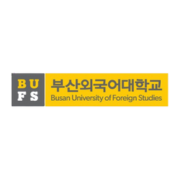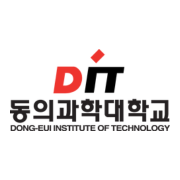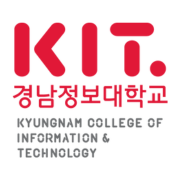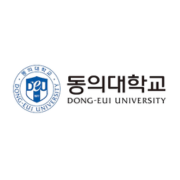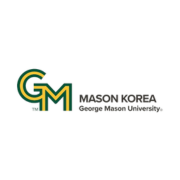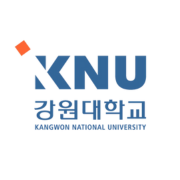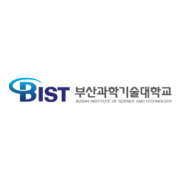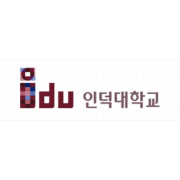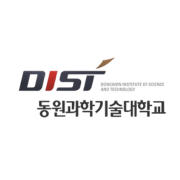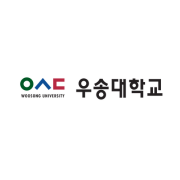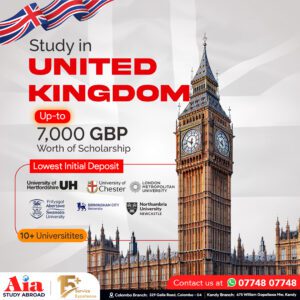Why Study in South Korea?
South Korea is a high-tech powerhouse and one of Asia’s premier education hubs. Its globally ranked universities—such as Seoul National University, KAIST, and Yonsei—specialize in fields like engineering, electronics, K pop/media, and business. Students benefit from rigorous academics combined with real-world industry exposure, thanks to Korea’s vibrant economy and global brand presence (Samsung, LG, Hyundai, and others).
The country offers a safe environment, efficient public transit, and a deep cultural tapestry blending traditional heritage with cutting-edge innovation. From K drama and tech labs to structured visa support, South Korea offers a compelling international study experience.
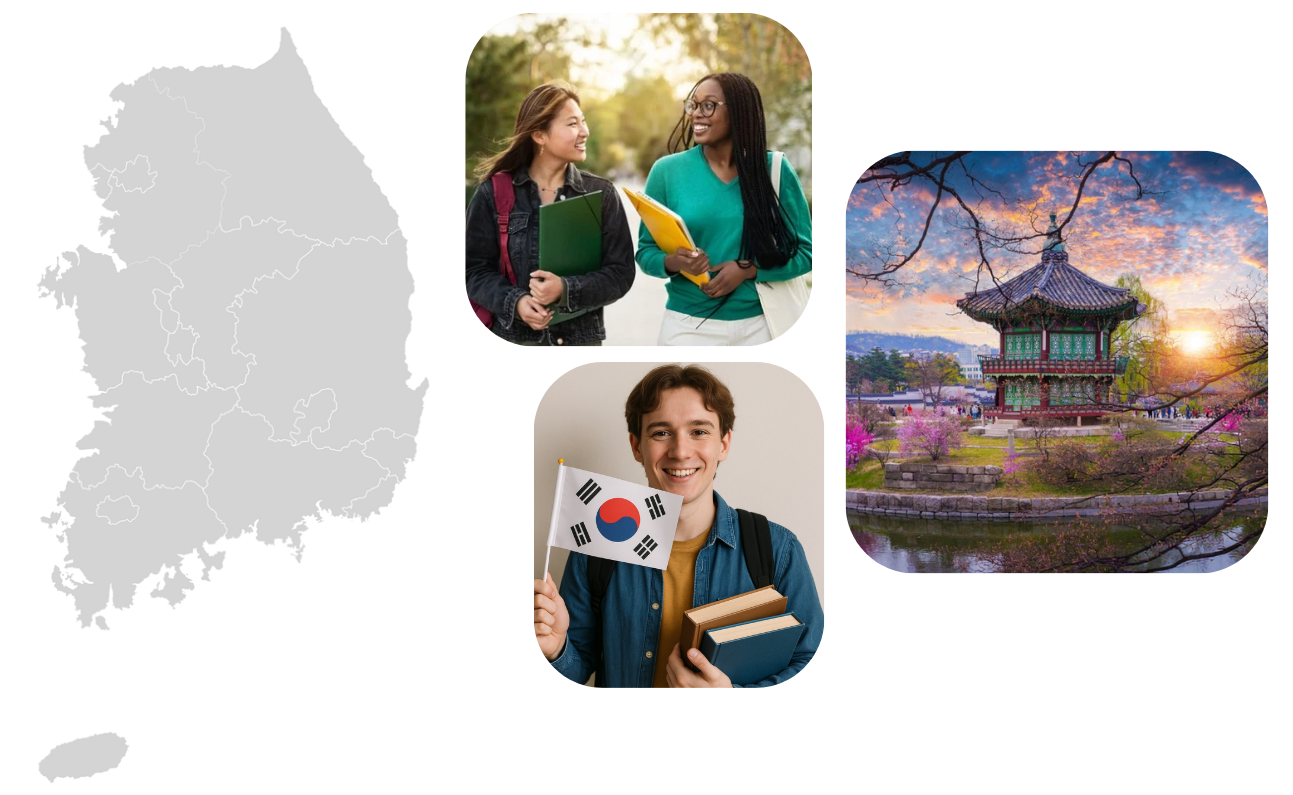
Key Facts to Study in South Korea
Language Spoken
Korean (official), English commonly used in academia
Cost of Study
KRW 6 million – 15 million/year (approx. USD 4,500–11,000)
Exam Requirements
TOPIK (Korean), TOEFL/IELTS (English), SAT/ACT for some programs
Degrees
Bachelor’s, Master’s, PhD (and specialized diplomas)
Intakes
March (Spring) & September (Fall); some institutions offer Winter round
Top Universities
Kangwon National University (KNU), Woosong University, Kyungbuk National University, Busan National University, Jeonbuk National University, Seoul Science and Technology University, Dongguk University
Our Partnered South Korea Universities
AIA Study Abroad Partnered up with 50+ South Korea Top ranked universities, to choose from
Scholarships
Several prestigious scholarships help offset tuition and living costs:
AIA assists in scholarship identification and the application process.
Get Free Expert Assistance
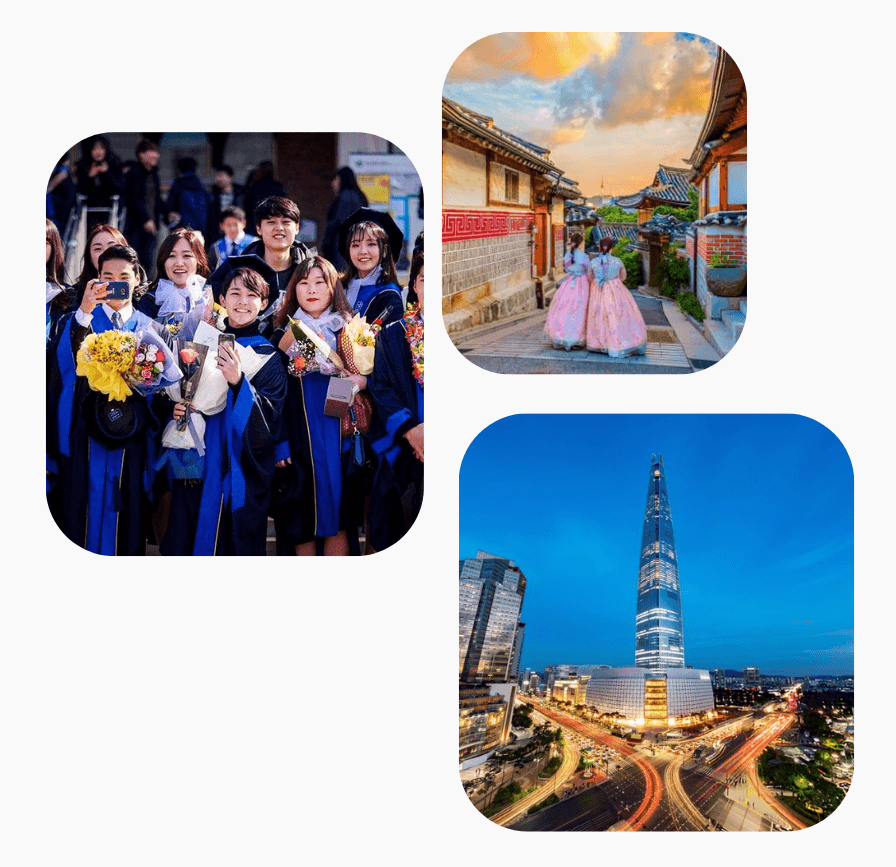
| INTAKES AND DEADLINES | |
|---|---|
| Spring (March) | October–November previous year |
| Fall (September) | April–May same year |
| Winter (January) | Varies—check individual universities |
Cost of Study in South Korea
Average Cost of Living
International students should budget KRW 10,000,000 – 15,000,000 per year (approx. USD 7,000 – 11,000), depending on lifestyle and location (Seoul vs. Busan or regional cities). Most of the listed universities—such as Dong Eui University, Busan University of Foreign Studies, and Kangwon National University—are in cities with a lower cost of living compared to Seoul.
Undergraduate Degrees:
Tuition fees typically range from KRW 4,000,000 – 8,000,000 per year (approx. USD 3,000 – 6,000), with most programs lasting 4 years.
Postgraduate Degrees:
Tuition fees for postgraduate programs range from KRW 6,000,000 – 12,000,000 per year (approx. USD 4,500 – 9,000), with most master’s programs completed in 1.5 to 2 years. Research opportunities and industry collaboration are strong at universities like Dong Eui University and Busan University of Foreign Studies.
| Type of Expense | Cost(Annual Estimate) |
|---|---|
| Tuition Fees | Undergraduate Programmes: KRW 6 M – 10 M per year | Postgraduate Programmes: KRW 8 M – 15 M per year |
| Rent & Utilities | KRW 6 M – 12 M |
| Food and Groceries | KRW 3 M – 6 M |
| Transport | KRW 600 k – 1.2 M |
| Miscellaneous | KRW 2 M – 4 M |
